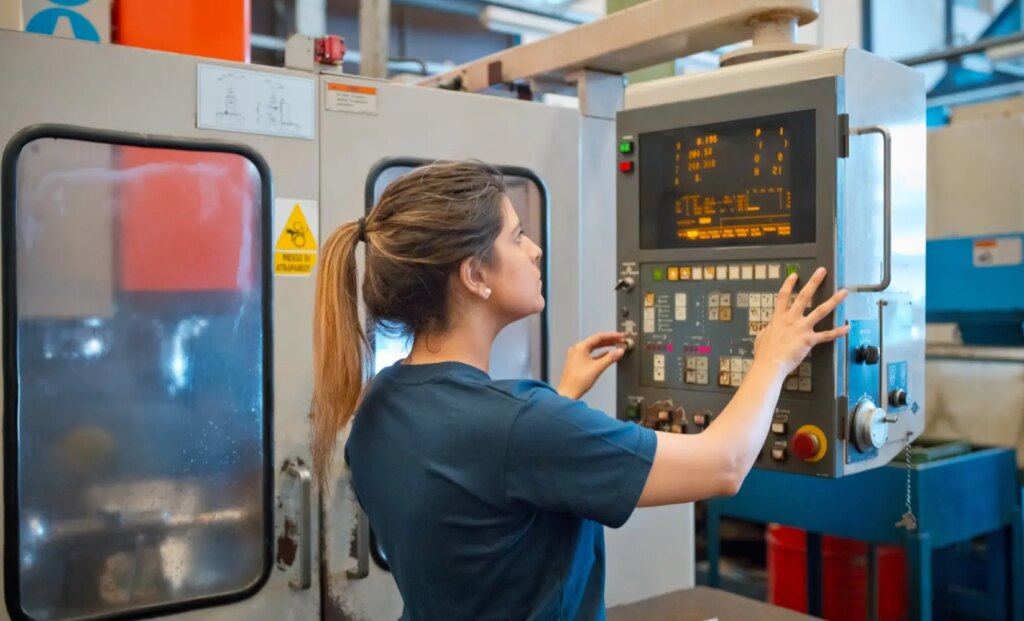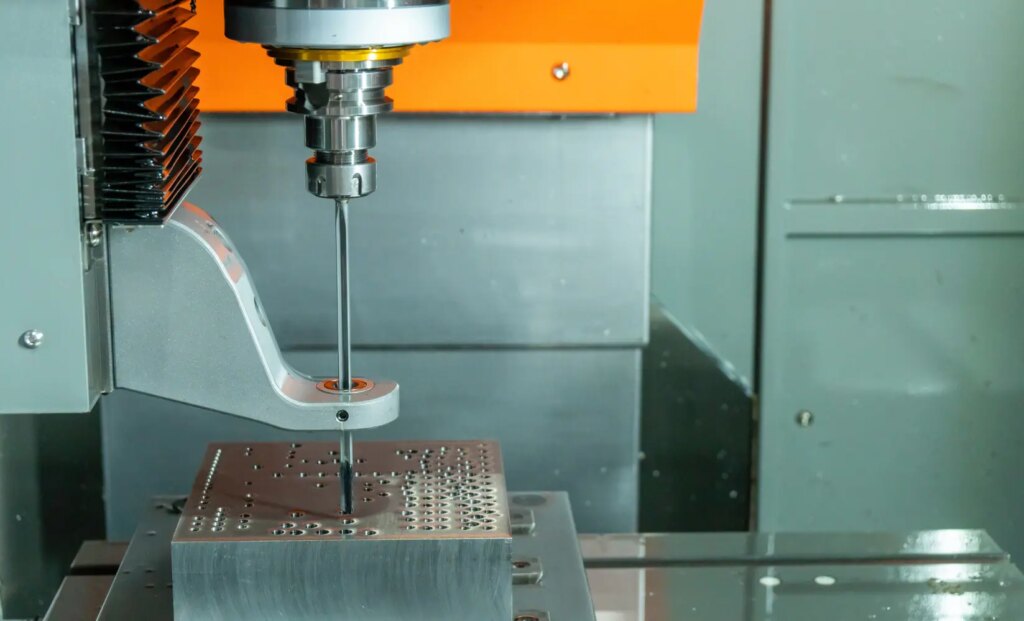Excellence in Every Casting
Melting
Melting is a crucial step in metal casting where solid metal is heated in a furnace until it reaches its melting point and becomes liquid. Various types of furnaces, such as induction or electric arc furnaces, are used depending on the metal type. Fluxes may be added to remove impurities. Once the metal is fully molten, it is superheated if needed, then poured into molds to create specific shapes and components.
Tapping
Tapping is the process of removing molten metal from a furnace once it has reached the desired temperature and composition. It involves opening a tap hole or tilting the furnace to allow the molten metal to flow into a ladle or directly into molds. Care is taken to avoid slag contamination. Tapping ensures a controlled and continuous flow of metal, which is essential for producing high-quality castings with minimal defects.
TUNDISH POURING (PLANT - I)
Tundish pouring is an intermediate step in metal casting where molten metal is transferred from a ladle to a tundish, a refractory-lined container. The tundish regulates the flow of metal into molds or casting machines, ensuring a steady, controlled pour. This process improves casting quality by minimizing turbulence, reducing oxidation, and enabling continuous casting, especially in large-scale steel or non-ferrous metal production operations.
FLEXI POURING (Plant - II)
Flexi pouring is an adaptable casting technique that allows for flexible control over molten metal pouring processes. It supports both manual & automated operations, accommodating various mold sizes, alloy types, and production volumes. This approach increases efficiency, reduces setup time, and enhances precision—making it ideal for foundries handling diverse and complex casting requirements while maintaining consistent quality & responsiveness to customer needs.
Moulding (PLANT - I)
Moulding is the process of creating a hollow cavity in the shape of the desired casting using sand, metal, or other refractory materials. The mould is prepared by compacting material around a pattern, which replicates the final object’s shape. Once the pattern is removed, the cavity is ready to receive molten metal. Proper moulding ensures accurate dimensions, surface finish, and structural integrity of the final casting.
Moulding (Plant - II)
Moulding is the process of creating a hollow cavity in the shape of the desired casting using sand, metal, or other refractory materials. The mould is prepared by compacting material around a pattern, which replicates the final object’s shape. Once the pattern is removed, the cavity is ready to receive molten metal. Proper moulding ensures accurate dimensions, surface finish, and structural integrity of the final casting.
VIBRO SHAKEOUT
Vibro shakeout is the process of separating solidified castings from the surrounding sand mould using controlled vibration. After cooling, the mould with the casting is placed on a vibrating platform or shakeout machine. The vibrations break the sand mould apart, allowing easy removal of the casting. This method is efficient, reduces manual labor, and minimizes damage to the casting. Recovered sand can often be recycled for future moulding operations.
SHOT BLASTING & FETTLING
Shot blasting and fettling are finishing processes in metal casting. Shot blasting involves propelling steel shots or abrasive materials at high speed to clean castings, removing sand, scale, and surface impurities. Fettling follows, where excess material like runners, risers, and flash are removed using tools like grinders or cutters. These steps improve surface finish, dimensional accuracy, and prepare the casting for machining, painting, or final use, ensuring it meets quality standards.
CASTING a Legacy of Leadership Over 20 Years
At Vel Castings, We harness advanced casting technology and data-driven insights to revolutionize how you source high-quality cast components, from prototypes to full-scale production.
CASTING a Legacy of Leadership Over 20 Years

2005
Established in Bangalore as NTC (Nihon Trading Company)
2007
Operation started @Chennai as NTC Engineering Service
2016
Established New Casting Foundry (Vel Castings) @Ranipet.
2019
Established Machining division for Vel Castings @Thirumazhi, Chennai.
2020
Established New Manufacturing facilities for JMI named JMI Plant-2 @Vallam, Chennai.
2022
Established New Casting Foundry (Vel Castings-2) @Pillaipakkam.
2022
Established New Manufacturing facilities for JMI named JMI Plant-3 @Vallam, Chennai.
Unleashing Our Versatile CNC Factory Capabilities
Leverage our engineering expertise: from prototyping to large scale production, we’ve got you covered.
Crafted with Quality, Delivered with Confidence
ISO 9001 certified,
IATF 16949 compliant
Precision Without Compromise
by achieving 0 PPM
Precision Finishing &
Clean Edge Masking
From Traditional Foundries to Advanced Casting Innovators
Trusted by customers worldwide


















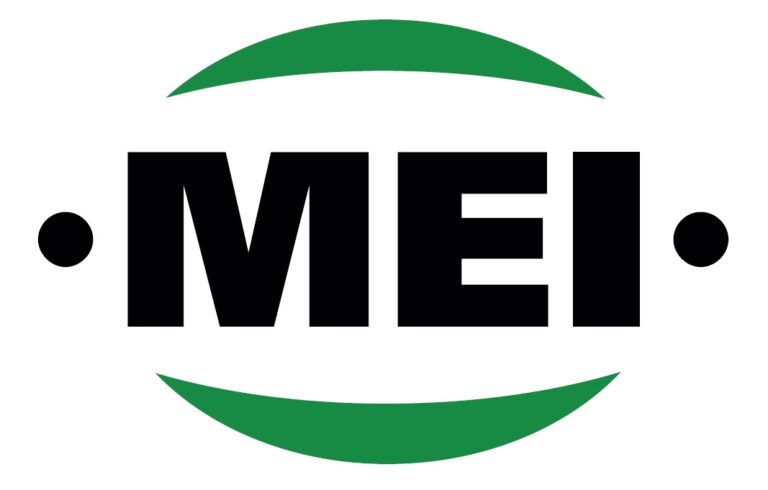


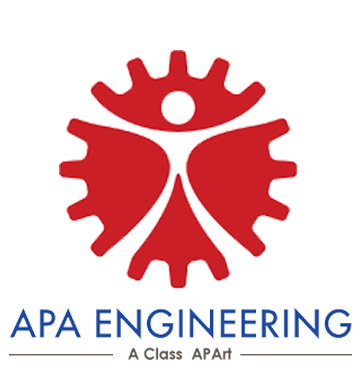
Charlie Simmons
Development Department at Sisco LLC.
Noah Wade
Technical Director at Fredung LLC.
Edgar Maldonado
Mechanical Engineer at Globe LLC.
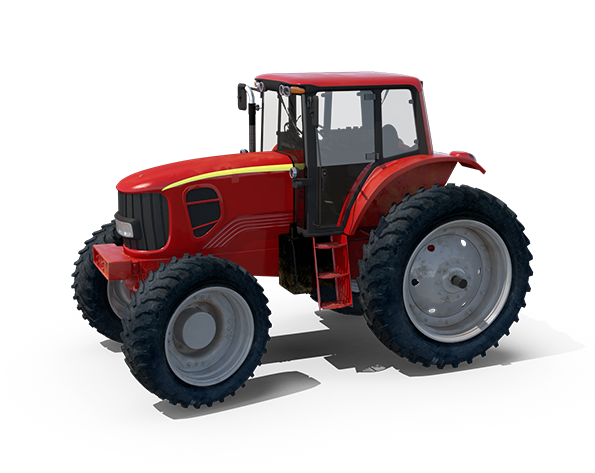
From Traditional Foundries to Advanced Casting Innovators
Trusted by customers worldwide






















Charlie Simmons
Development Department at Sisco LLC.
Noah Wade
Technical Director at Fredung LLC.
Edgar Maldonado
Mechanical Engineer at Globe LLC.

Join 2,400+ companies who choose Fabrik for fast, high-quality custom parts
- Instant pricing & lead-time options
- CNC Machining, Urethane Casting, Injection Molding
- Support from technical manufacturing experts
